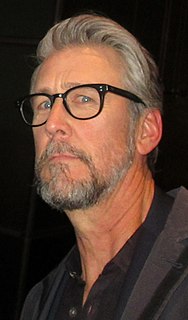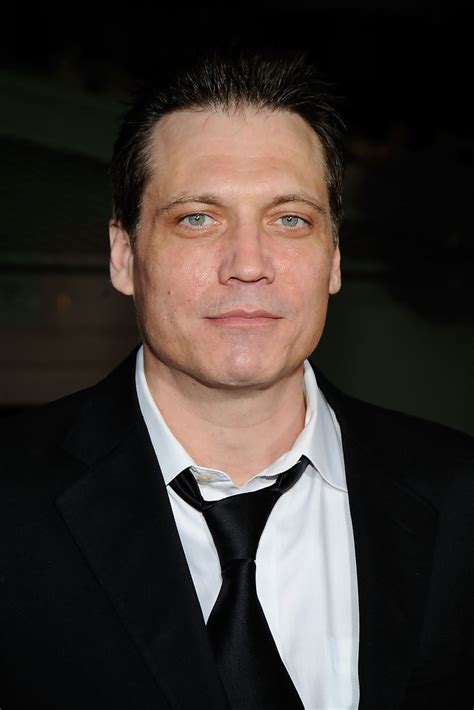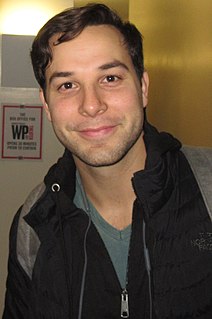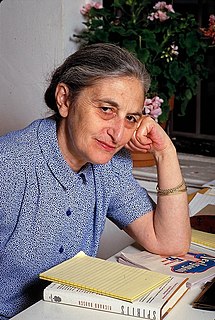A Quote by Orson Welles
I'm never certain of a performance - my own or the other actors' - or the script or anything... But to me it seems there's only one place in the world the camera can be, and the decision usually comes immediately.
Related Quotes
I actually think film and TV are sort of the same thing now. To me they're all motion pictures. There's a camera, a script, other actors and a director. Doing a sitcom is a little different. It's kind of a hybrid, half movie, half play, presented in a proscenium fashion - the camera's on one side of the line, the set on the other, the audience sitting behind the cameras.
I've always thought that when anyone receives an award for acting they should always thank their fellow actors, because the only way you're going to deliver your best performance is when you have other good actors on the set supporting you and being very present for you even when the camera is not on them.
Not all television scripts are created equal. And the process is ridiculous. They send you a script and want you in the next morning. That's not how acting works. You can do anything to me as an actor; I'm a very resilient guy. Just don't rush me. If you ask me to do it immediately with no time to prepare, I know you have contempt for actors.
To go into more specifics regarding actors, whether they're from Korea or the U.S., all actors know if they are loved by the director. When they feel that love from the director, they respond by giving a great performance on camera. Also, everyone on set - the crew, the actors - they were aware of the film's message and its broad theme, so these big issues were never discussed on set.
A huge part of what we do as actors is learning to ignore the camera, as if it's not even there, while simultaneously being very aware of the camera and what it's capturing, because you can give the best performance of your life, but if you do it with the back of your head facing the camera, it's going to get cut from the movie.
But when there were certain moments or scenes that required a very specific nuance or performance, I myself would act out the scene or the sequence and that would inspire the actors. Of course, I can't really express emotions on camera, but I was very active in showing a certain action or a blocking for an actor. I would also participate in certain stunts myself and because of that, I would get bruises or cuts on my knees and elbows.
Film, for me, is in two stages. One is when I write the script more or less on my own - that's the nice bit. And then comes for me the unpleasant bit when they all go off, 100 people - actors and camera people and film and sound - and I stay away. When they go into the editing room, I come in again, and that's the bit I like.
When you try to be true to the script, changes occur. A script is there to show us a certain direction. But when you actually have the actors in and you start shooting the movie, you have the actor say a line and it doesn't sound right so you change it and make it different. It's the script that gives birth to these changes and the more you try to stay true to the script, the more that happens.


































